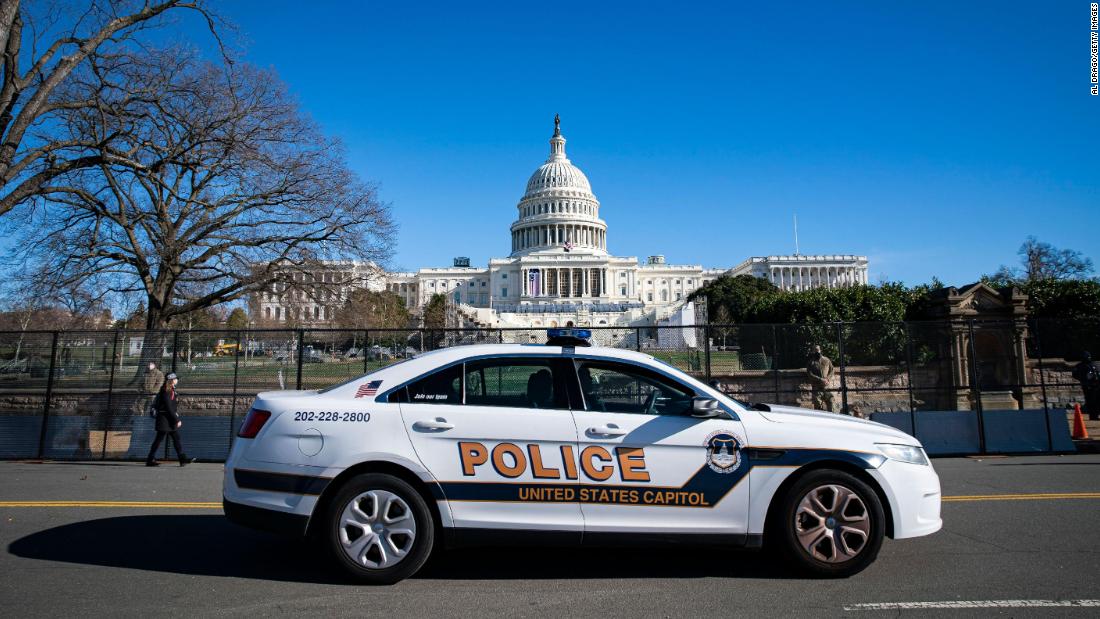Chicago police officers will no longer be permitted to chase people on foot solely because they run away or they’ve committed minor offenses, the department announced Tuesday, more than a year after two-foot pursuits ended with officers fatally shooting a 13-year-old boy and 22-year-old man.
After today you might have a way to get out of a traffic ticket in Chicago. Just get out of your car & run! 😂 jk
Chicago police are no longer allowed to chase people on foot just for running awayhttps://t.co/yLBbkaXWmQ
— Jane (@Daiseyjane01) June 23, 2022
RELATED:Chicago Police Officer In Serious Condition After She Was Shot During Traffic Stop
The new policy grasps closely to a draft policy put in place after those shootings and gives the division something it has never had: permanent rules about when officers can and can’t engage in an activity that can endanger themselves, those they’re chasing, and bystanders.
“The impact on crime has been studied (and) we can look back at what has made officers safer, has made communities safer for over a decade,” Chicago Police Superintendent David Brown told reporters at a press briefing on the policy, which he anticipates to be in place by the end of the summer after all officers obtain training.
The new policy also says that officers may chase someone if they believe a person is engaging or is about to commit a felony, a Class A misdemeanor such as domestic battery, or a crucial traffic offense that could risk injuring others, such as drunk driving or street racing.
Officers won’t be allowed to chase people on foot if they suspect them of minor offenses such as parking violations, driving on suspended licenses or drinking alcohol in public. But they will still have discretion to chase people who they’ve determined are committing or about to commit crimes that post “an obvious threat to any person.”
“People may avoid contact with a member for many reasons other than involvement in criminal activity,” the policy states.
Just saw a clip talking about how Chicago police are now limited in their ability to chase after a suspect it they start running way! If they run, cops just say “See ya” and let them go!! Another brilliant move by Lori incompetent Lightfoot!!
Can’t make it up!!— Riddick Bo (@jrid6996) June 23, 2022
RELATED:Chicago Store Robbed Of $50K In Merchandise 24 Hours After Being Promoted On Local News
“How do you change the culture that you have to chase those bad guys no matter what, no matter how dangerous to everyone who is around you?” University of Chicago Law Professor Craig Futterman said. “You create policies that make it so you can’t be disciplined, chewed out, criticized for following a policy and not engaging in an inherently dangerous act.”

